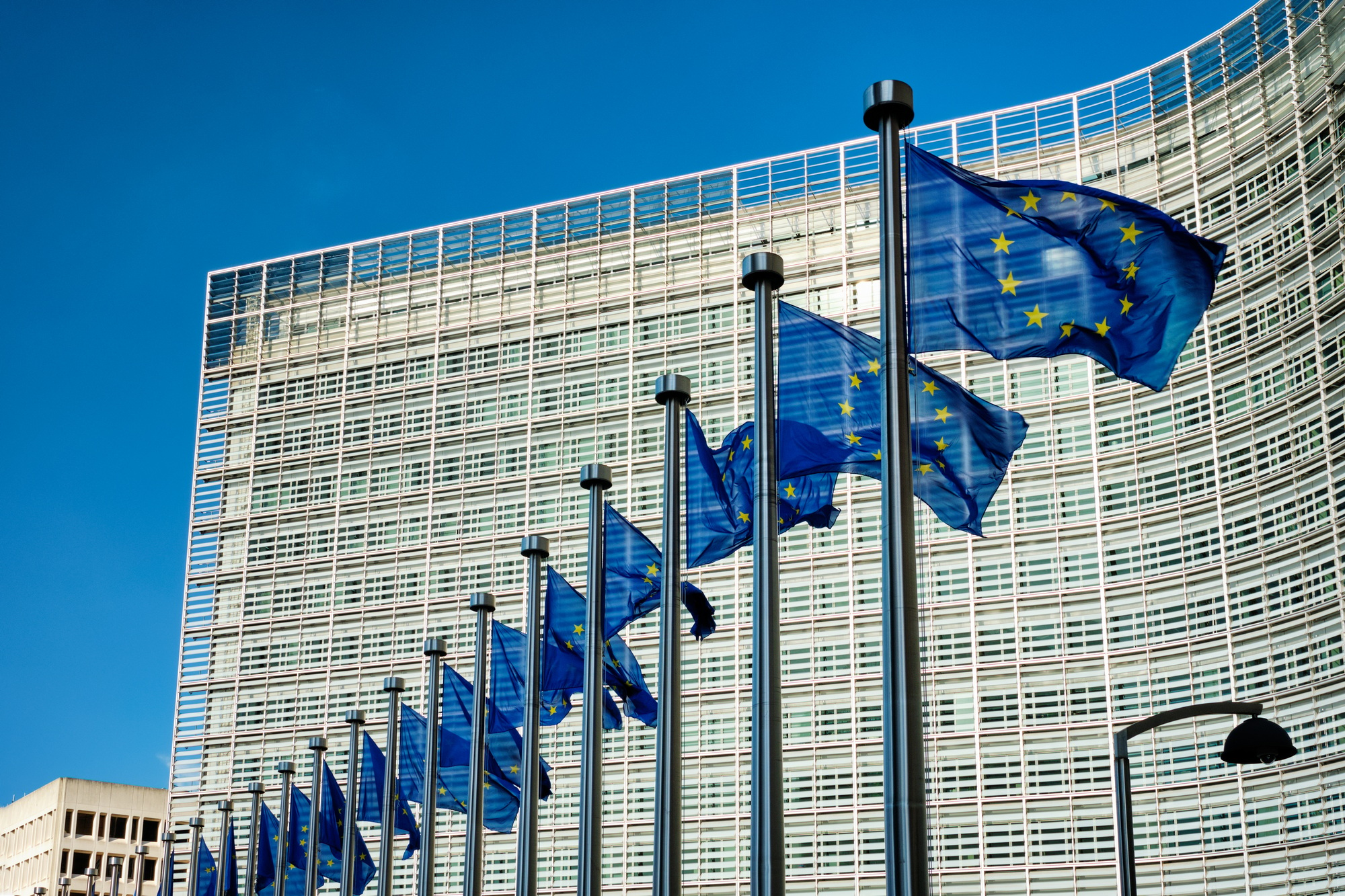ICANN extends deadline for UA Day 2026 event proposals
Proposals must be submitted by 24 November 2025. Accepted hosts will contribute to a global series of coordinated activities aimed at improving multilingual access to the internet’s infrastructure.










